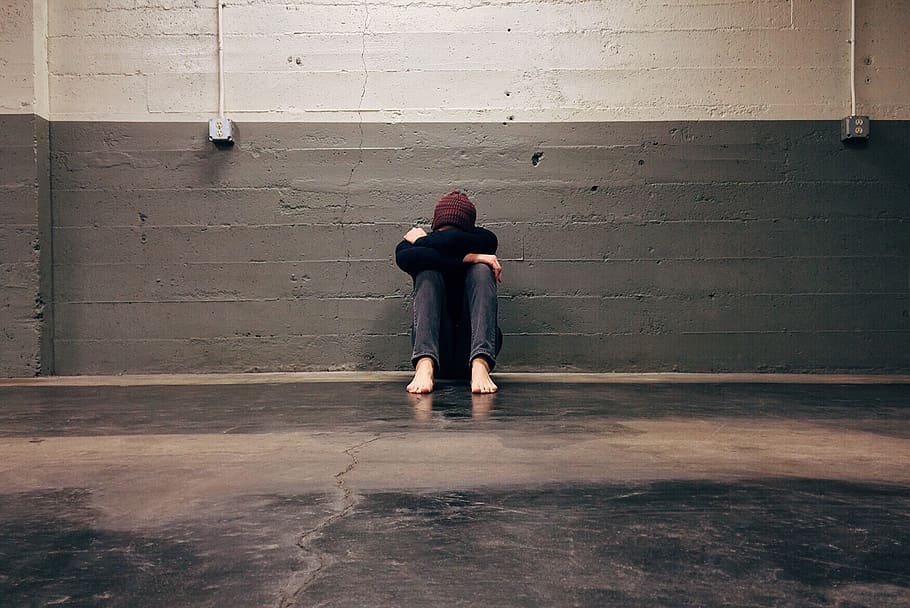Anxious People hit home for me straight from the start, when Fredrik Backman—one of my favorite authors—made a raw, vulnerable confession: “our lives simply carry on, the world spinning through space at two million miles an hour while we bounce about on its surface like so many lost socks.” That picture—of people not knowing where life is going, people not in control, people stumbling around their lives in terror—was keenly familiar. I’m sure it is for many people, especially in 2021.
The novel takes place within a small apartment unit in which an armed bank robber holds everyone there hostage. There are nine hostages. They range from an unborn child kicking inside a woman to an eighty-year-old lady who cares more about making sure everyone is fed than the gun aimed at her. Within the group are broken marriages, fearful soon-to-be parents, untreated depression that appears as sarcasm, and a general inability to understand how the world works. Within the apartment walls is a small representation of our world: all the emotions and insecurities of people who inhabit it, who pretend they know what they’re doing but really know no more about sex “than they do about USB leads.”
Through the witty banter and desperate arguments that occur within this anxious group of people, Backman explores what I consider the heart of the story: interpersonal relationships. Sarcastic bank director Zara, one of the hostages, says at one point: “Expensive restaurants have bigger gaps between the tables. First class on airplanes has no middle seats. Exclusive hotels have separate entrances for guests staying in suites. The most expensive thing you can buy in the most densely populated places on the planet is distance.” That made me, an introverted, occasionally antisocial teenager, think about the truth of that statement: the prospect of an isolated, expensive seat at a restaurant, plane, or hotel sounded incredibly luxurious. Tempting. Desirable. What’s more, that’s exactly what it sounds like to everyone else as well, apparently, considering the price that comes with those things.
But why? Backman asks. When did sitting next to a stranger become a punishment you could only escape from through money? What about the girl that you once saw nearly jump off a bridge, but ended up becoming your psychologist, to whom you now tell your darkest thoughts? What about the old police officer who enters a hostage situation because he doesn’t want to risk a younger officer? What about the understanding that comes from eight anxious strangers for one even more anxious person who simply made a bad choice that morning? Within the confined setting, Backman recreates the complex, inextricable ties that form between people as they live, each in their own crazy way. We are all idiots, Backman reminds us constantly, especially if you have other people you’re trying to be a reasonably good human being for.
Backman’s Anxious People initially seemed purely cynical, but I grew to see the tender core of the story. I loved these particular idiotic characters because they radiated the broken yet warm energy of real people. Loving, broken, real people. Starting from a desperate bank robber, Backman extends his reach to the entire world, telling readers that they—and we all—have one thing in common: we don’t really know what we’re doing. And, he tells us through this book, that’s okay, because neither does anyone else. All we can do is to hang on, live through the day the best we can, and always look out for each other. After all, we’re all anxious people.
